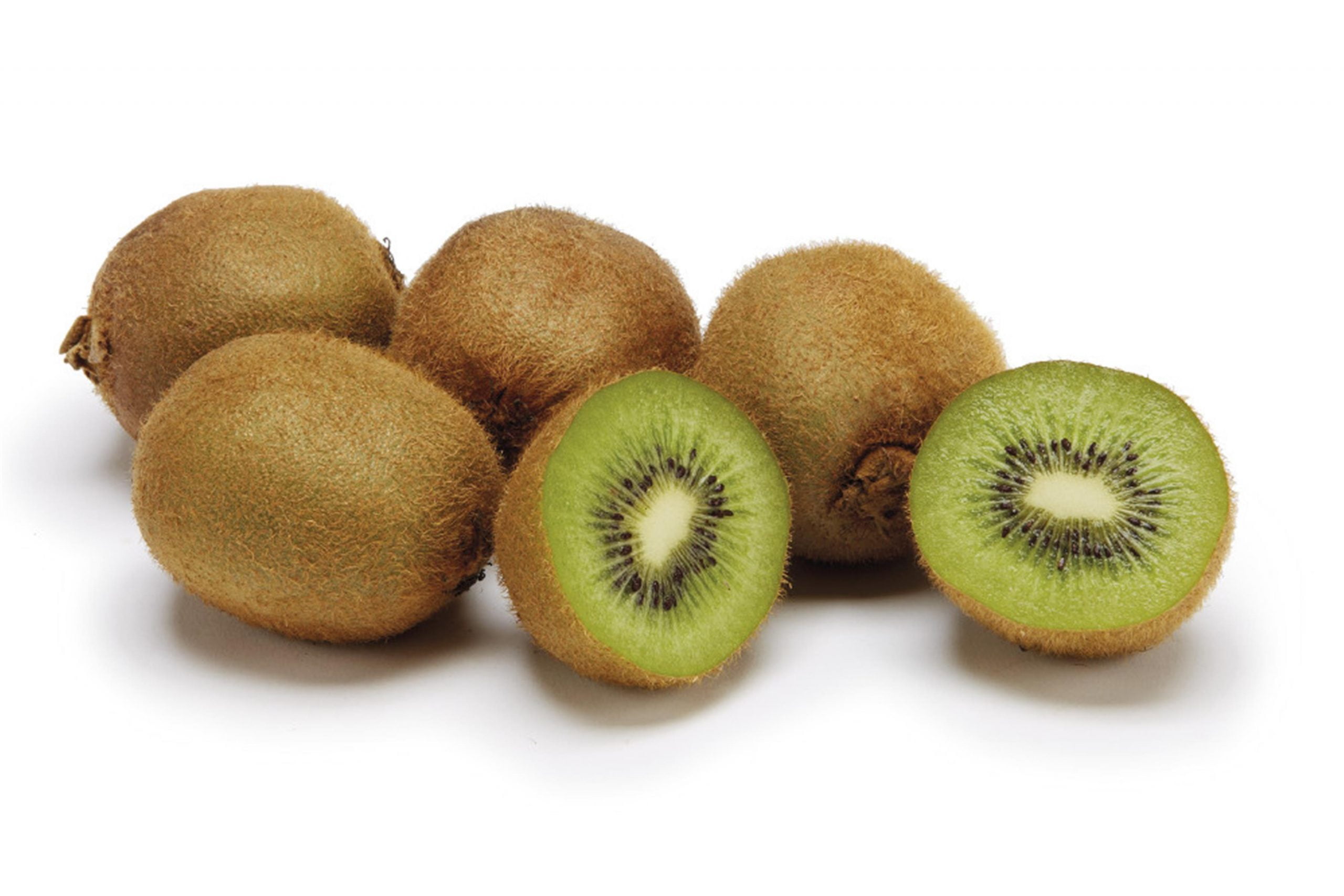Health Benefits of Kiwi Fruit
What are the health benefits of kiwi fruit?
Kiwi fruit, also known as Chinese gooseberry, is a nutrient-dense fruit that offers several health benefits:
- High in Vitamin C: Kiwi is an excellent source of vitamin C, which is important for immune function, skin health, and wound healing.
- Rich in Antioxidants: Kiwi contains various antioxidants, including vitamin C, vitamin E, and carotenoids, which help protect cells from damage caused by free radicals.
- Good Source of Fiber: Kiwi is high in dietary fiber, which promotes digestive health, helps regulate blood sugar levels, and supports heart health.
- Contains Vitamin K: Kiwi provides vitamin K, which is important for blood clotting and bone health.
- Aids Digestion: The enzymes in kiwi, such as actinidin, can help break down proteins in the digestive system, potentially aiding digestion.
- May Lower Blood Pressure: Some studies suggest that regular consumption of kiwi fruit may help lower blood pressure, possibly due to its high potassium and magnesium content.
- Supports Heart Health: The fiber, potassium, and antioxidants in kiwi may help reduce the risk of heart disease by lowering cholesterol levels, reducing blood clotting, and improving blood pressure.
- Promotes Skin Health: The vitamin C and antioxidants in kiwi can help protect the skin from damage caused by sun exposure and pollution, and may also promote collagen synthesis for healthy skin.
- May Aid in Weight Loss: Kiwi is low in calories but high in fiber, making it a filling snack that may help with weight loss or weight management.
- May Improve Respiratory Health: Some research suggests that kiwi fruit may help improve lung function and reduce the risk of respiratory issues like wheezing and coughing.
Including kiwi fruit in your diet can be a tasty way to boost your intake of essential nutrients and promote overall health.
What are the health risks of kiwi fruit?
Kiwi fruit is generally considered safe for most people when consumed in moderation. However, there are some potential health risks associated with kiwi fruit:
- Allergic Reactions: Some individuals may be allergic to kiwi fruit, experiencing symptoms such as itching, swelling of the lips, tongue, and throat, hives, or even anaphylaxis in severe cases. People with known allergies to latex, birch pollen, or other fruits (such as avocado, banana, or chestnut) may be more likely to be allergic to kiwi.
- Oral Allergy Syndrome (OAS): Some people who are allergic to pollen may experience cross-reactivity with kiwi fruit, leading to symptoms such as itching or swelling of the mouth, lips, tongue, and throat. This is known as oral allergy syndrome.
- Acidic Fruit: Kiwi fruit is acidic, which may irritate the mouth, throat, or stomach in some individuals, particularly those with sensitive digestive systems or conditions like acid reflux.
- High in Vitamin K: While vitamin K is essential for blood clotting and bone health, individuals taking anticoagulant medications (blood thinners) should be cautious with their intake of foods high in vitamin K, including kiwi fruit, to avoid interactions with their medication.
- FODMAPs: Kiwi fruit contains FODMAPs (fermentable oligosaccharides, disaccharides, monosaccharides, and polyols), which are types of carbohydrates that can cause digestive symptoms like bloating, gas, and diarrhea in some people with irritable bowel syndrome (IBS) or other digestive disorders.
- Pesticide Residues: Like other fruits, kiwi fruit may contain pesticide residues, especially if not organically grown. Washing the fruit thoroughly or choosing organic options can help reduce this risk.
If you have any concerns about consuming kiwi fruit, it’s best to consult with a healthcare professional or allergist, especially if you have known allergies or medical conditions that may be affected by kiwi fruit consumption.




